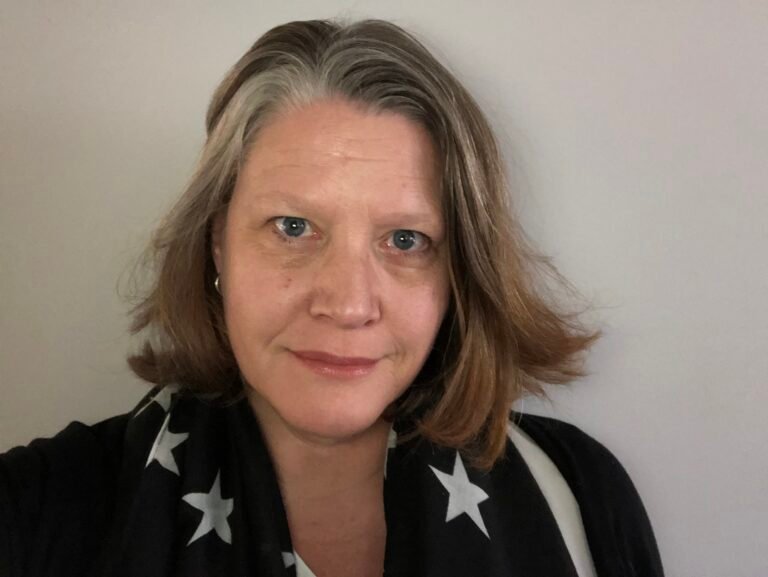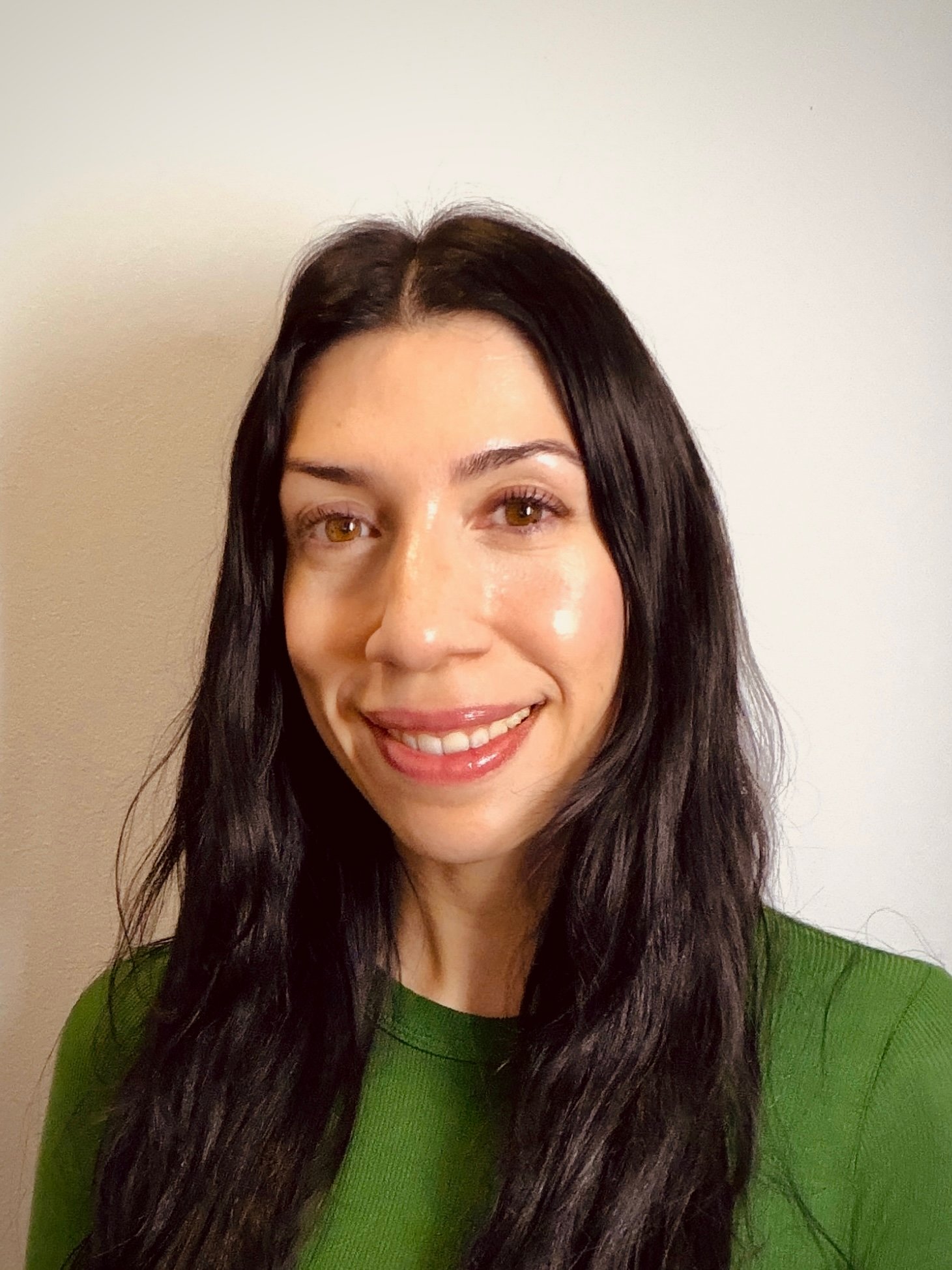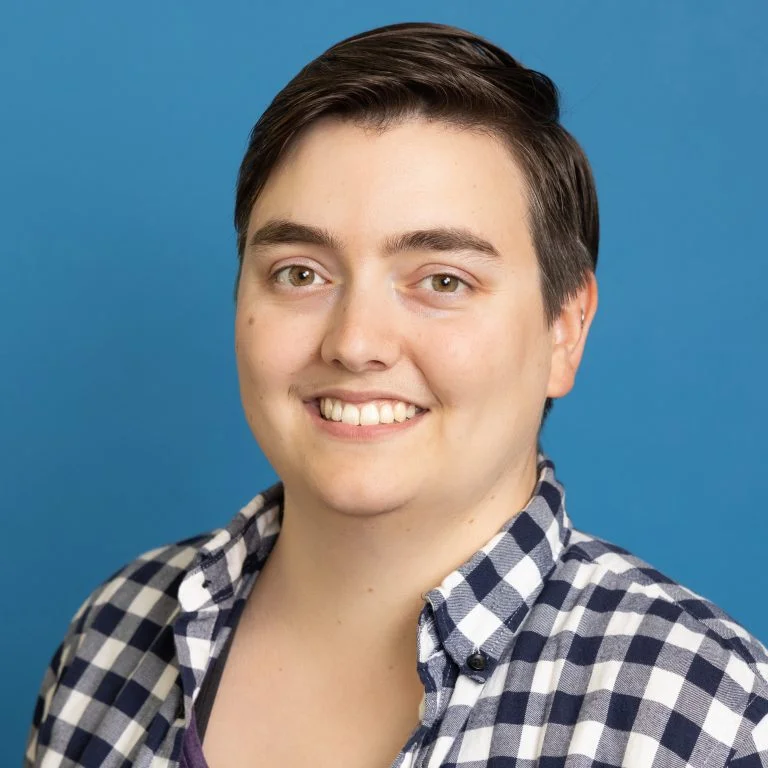Cynthia Farnsworth
MA, RCC-ACS, GRAD DIP (Art Therapy)
Supporting Your Journey Towards Healing, Resilience, and Growth
Heal. Grow. Thrive.
I offer trauma-informed counselling, art therapy, and neurofeedback to help you navigate life's challenges and embrace meaningful change.
Nice to meet you
In our work together, we will collaborate creatively, integrating tools from evidence-based approaches to help you manage emotional pain, stress, or trauma; live a more authentic life; and develop and recover stability, security, and joy.
My work is trauma-informed, attachment-based, and rooted in a biopsychosocial and neuropsychological framework. I have specialized training in a number of areas and rely heavily on Polyvagal Theory by Dr. Stephen Porges.
In addition to being a Registered Clinical Counsellor, I am also a professional Art Therapist, a Certified Advanced Neurofeedback Trainer working with the NeurOptimal® Neurofeedback system, and a trained Safe and Sound Protocol provider with Integrated Listening Systems. The “About” section of this site offers more details about my background, skills, and approach. I am also the Founder and Director of both East Vancouver Counselling and Blooming Brains Supportive Technologies, where I offer clinical services, guidance and structure to those teams.
My offices are centrally located at East Vancouver Counselling in the heart of East Vancouver.
I work with individual youth and adults.

With over 30 years of experience in therapeutic settings, I specialize in supporting individuals navigating overwhelm, stress, anxiety, depression, panic, grief, trauma, life transitions, addictions, and more. Many clients come to me feeling disconnected or burdened by challenging relationships, traumatic events, or unresolved childhood experiences, or feeling burnt out or overwhelmed. Physical symptoms of stress, such as sleep issues or digestive distress, are also common among those I help. I also frequently work with people who are diagnosed ADHD or suspect that they may be ADHD.
My approach is gentle yet direct. Working collaboratively with clients, we explore patterns, build emotional resilience, and develop practical skills for managing thoughts, emotions, and relationships. I also provide support to family members of those with mental health concerns and promote sustainability for caregivers and professionals in high-stress environments.
My practice is informed by diverse therapeutic frameworks, with a foundation built on cultivating a sense of safety and finding meaning and purpose in life. I draw on Polyvagal theory, Psychodynamic work, CBT, EMDR, Brainspotting, Attachment theory, Narrative Therapy, and Art Therapy, integrating these methods to create lasting, meaningful change.
As the Founder and Director of East Vancouver Counselling (est. 2016) and Blooming Brains Neurofeedback (est. 2017), I offer a range of counselling and non-verbal therapies that optimize the nervous system, promote well-being, and support peak performance.
I hold a Master of Arts in Counselling Psychology (Yorkville University) and a Graduate Diploma in Art Therapy (Vancouver Art Therapy Institute). I am a Registered Clinical Counsellor (RCC-ACS Provisional #13767), a Professional Art Therapist (BCATA), and a Certified Advanced NeurOptimal® Neurofeedback Trainer. My additional certifications include Addictions Counselling (Justice Institute) and Association Management (Canadian Society of Association Executives). I have also trained extensively in neuroplasticity, trauma, self-regulation, and relationships.
Beyond clinical work, I present workshops on Art Therapy, Anxiety, Counsellor Sustainability, and Neurofeedback, and I have developed and supervised multiple clinical programs across Metro Vancouver.
Hi, I'm Cynthia!

I work with:
- Anxiety and panic
- Depression
- Neurodivergence (ADHD and giftedness/twice-exeptional)
- Health anxiety
- Caregiver concerns
- Codependence
- Workplace sustainability
- Feeling overwhelmed
- Processing traumatic events
- Grief
- Addictions
- Families of people with addictions or mental health concerns
- Relationship and divorce
- Concussion and TBI
- “Brain Fog”
- Sleep issues
- Supervision
- More!
About Neurofeedback
The term “Neurofeedback” refers to any technological intervention that offers feedback directly to the brain about its own function.
Much of our brain’s communication happens through tiny electrical signals. Our approach to Neurofeedback reads that electrical information and offers simple sound feedback to notify the brain about its own patterns and functions. Your brain is given information about what it is doing in real-time in a way that makes it easy to self-correct. We do not diagnose or push of any frequency patterns – your brain is invited to use the information to self-regulate and re-calibrate. It’s working with the whole brain, it’s highly personalized and does not compare your brain to a normative database, and it’s an unconscious process that requires little conscious effort. This makes the system very safe to use with people of all ages and concerns.
Neurofeedback sessions can be run as a standalone service, or incorporated into counselling sessions.
Does it hurt?
No! Our approach to Neurofeedback is completely non-invasive. We use just a bit of paste to hold the 5 sensors in place in strategic positions on your ears and scalp. The sensors just read the electrical signals of your brain actitivity and communicate them to the computer.
Will I notice a difference right away?
How many times will I need to train?
How often do I need to train?
Is there any reason I shouldn't come for Neurofeedback?
Is there any reason I SHOULD come for Neurofeedback?
Our systems have been reviewed by Health Canada and the FDA. Health Canada has designated them to be a “Consumer Product”, which means that it is safe enough for public use.
Common reasons for training have included:
- stress management and resilience
- attention, focus and behaviour problems in school
- mood management
- improvements in athletic performance
- improvements to executive functioning, memory and decision making
- professional improvement
- recovery from chemotherapy and anaesthetic ‘fog’
- concussion
- sleep quality
- addictions
- cognitive decline and aging
- anxiety
- depression
- childhood trauma and ptsd
- sensory improvements for artists, musicians and other creative professionals
- reaction time and precision performance for professionals such as pilots, surgeons, and others who rely on speed and accuracy


Research and Information about Neurofeedback:
- Statistically positive results with ADHD & Anxiety
- A survey of recent research on Neurofeedback
- Performance Improvement: Surgeons
- Attention Deficit Hyperactivity Disorder (ADHD)
- Performance Improvement: Athletes (Video)
- Post Cancer Cognitive Impairment (Aka “Chemo Brain”)
- Post Traumatic Stress Disorder (PTSD)
- Anxiety
- Alzheimers: Report on Ongoing Research
- Traumatic Brain Injury – Case Study (Video)
- Traumatic Brain Injury (TBI) and PTSD
- Substance Misuse / Abuse
Helena Jasinska, MCP (Candidate)
My approach is trauma informed, client-centred, and rooted in the Adlerian principles of connection, belonging, and the importance of finding meaning. I integrate other therapeutic techniques such as exploring the mind-body connection through somatic exercises.
With a background that includes working with neurodivergent individuals and supporting those navigating addiction and trauma, I have an understanding as to how social systems, identity, and early life experiences shape belief systems and the way we navigate the world.
I enjoy working with adults of all ages, and strongly value authenticity and meaningful conversations.
I am currently completing the Master of Counselling Psychology program at Adler University and my supervisor at East Van Counselling is Cynthia Farnsworth.
Cultural Identities/Lived Experience: I am of Cypriot and English descent, and I immigrated to Canada at age eight. I was also diagnosed with ADHD in adulthood, and am a parent.
Sam O’Connell, MACP (Candidate)
Hi, I’m Sam (she/her). I am passionate about working with teens and adults who are navigating life transitions, exploring their identity, or who have other complex life experiences that they would like to explore.
My approach is to meet every individual where they are at, and to use a blend of techniques that help you to gain the most from your time with me. I will always begin with a collaborative, person centered, and trauma informed approach. I also like to pull from evidence based practices such as Narrative, Existential, and Solution-Focused therapy.
I am currently completing my Master of Arts in Counselling Psychology at Yorkville University. For much of my life I have been an educator and case manager, primarily working with neurodiverse children and young adults. I have a lot of experience working with those with Autism Spectrum Disorder (ASD), ADHD, and other diagnoses.
I am also someone who navigated coming out as queer as an adult. I hope to be able to cultivate a supportive, safe space for those exploring their identity and those who identify as 2SLGBTQI+ no matter where you are on your journey or your age.
Cultural Identities/Lived Experience: Queer, adopted, migrant
Let's Chat
Cynthia Farnsworth, MA, RCC-ACS, GradDip(Art Therapy)
Address
- 202-1651 Commercial Drive, Vancouver, BC V5N 3Y3
© All Rights Reserved Cynthia Farnsworth | Website Design by Wet Coast Marketing

